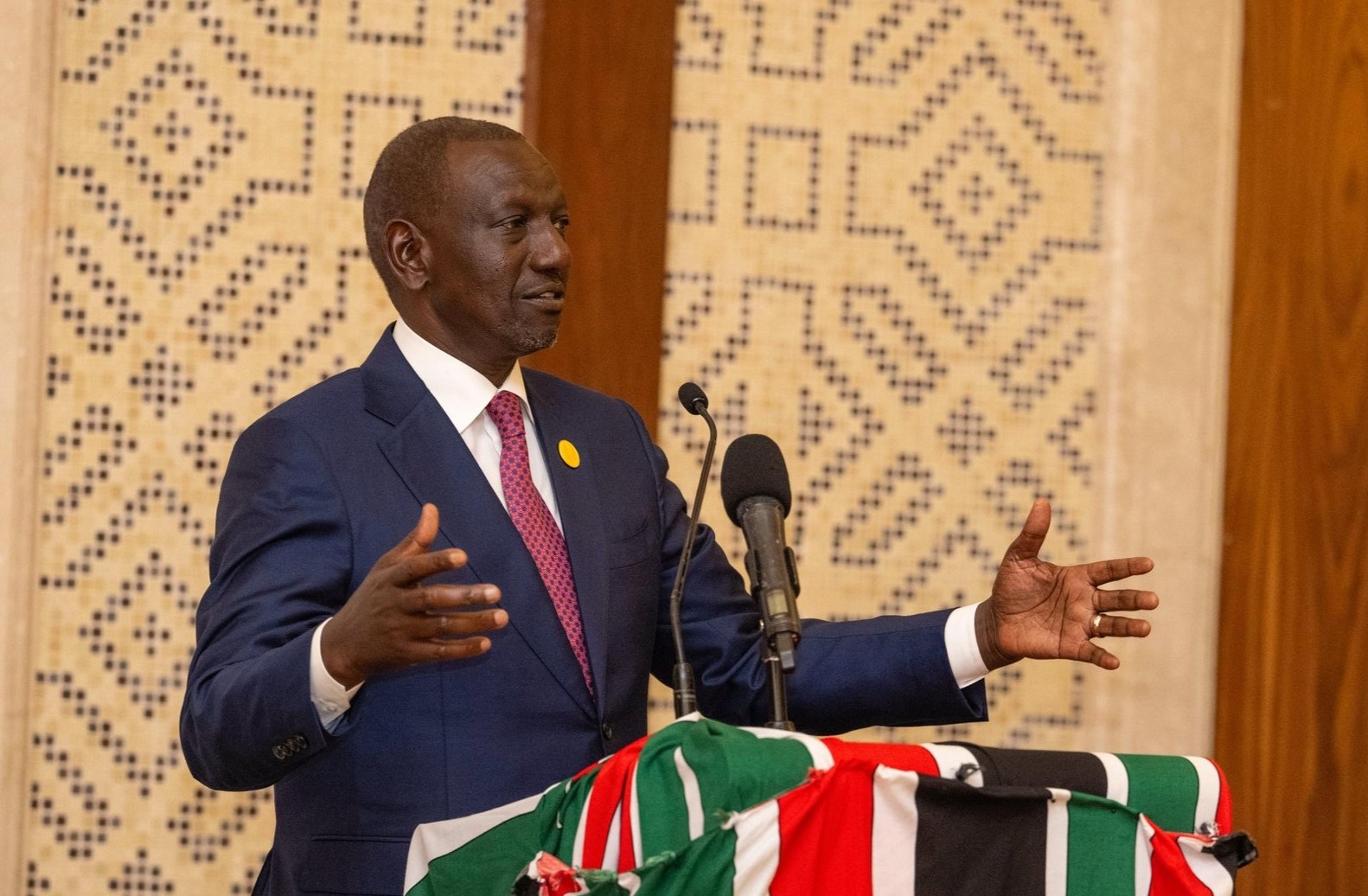
The fight against endometriosis is a battle that requires collective effort, as many women face immense challenges while striving to manage this condition and maintain a sense of normalcy in their daily lives.
Although endometriosis is not typically considered life-threatening, it can sometimes lead to severe complications that pose significant health risks.
What is Endometriosis?
Endometriosis can develop as early as a person's first menstrual period and may persist until menopause. Early detection of this disease is key because it can be managed before it gets fatal.
Statistics by the WHO show that Endometriosis affects roughly 10% (190 million) of reproductive-age women and girls globally.
Stories of resilience
Earlier this year, renowned endometriosis advocate Njambi Koikai succumbed to the condition after bravely fighting it for most of her life.
She endured over 20 surgeries, many of which were conducted abroad due to the lack of specialized treatment options in Kenya.
Njambi’s struggle and eventual passing sparked a nationwide debate about the inadequate handling of endometriosis in the country.
Her story also highlighted the extreme financial burden of managing the condition, as she spent millions seeking treatment both locally and internationally.
Despite her diagnosis, she remained a strong advocate for women battling the condition, using her platform to encourage others and create awareness.
Challenges women face in facing endometriosis
1. Misdiagnosis and lack of expertise
Many women with endometriosis face frequent misdiagnosis, which can lead to ineffective treatments, unnecessary surgeries, and the prescription of incorrect medications.
2. Severe pain and its impact on daily life
Endometriosis is associated with debilitating pain, especially during menstrual cycles. This advanced pain disrupts women's lives, affecting their ability to attend school and perform at work.
3. Financial Constraints
Managing endometriosis is extremely expensive. The costs of consultations, diagnostic tests, treatments, surgeries, and medications place a significant financial burden on women, particularly those from low-income households.
For those who can afford treatment abroad, expenses can run into millions of shillings, making it inaccessible for most patients.
4. Emotional and psychological burden
The chronic pain, infertility, and uncertainty associated with endometriosis lead to mental health challenges such as stress, anxiety, and depression.
Role of awareness and early diagnosis
According to the World Health Organization (WHO), there is no known way to prevent endometriosis.
However, increased awareness and early diagnosis can help slow the progression of the disease and reduce the long-term burden of its symptoms.
Advocacy campaigns, public education, and access to skilled medical professionals are crucial in addressing the silent pain endured by women with endometriosis.
Endometriosis is not just a medical condition but a social issue that requires collective effort from individuals, organizations, and governments to improve the lives of those affected.












